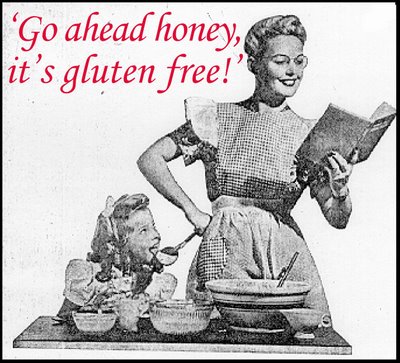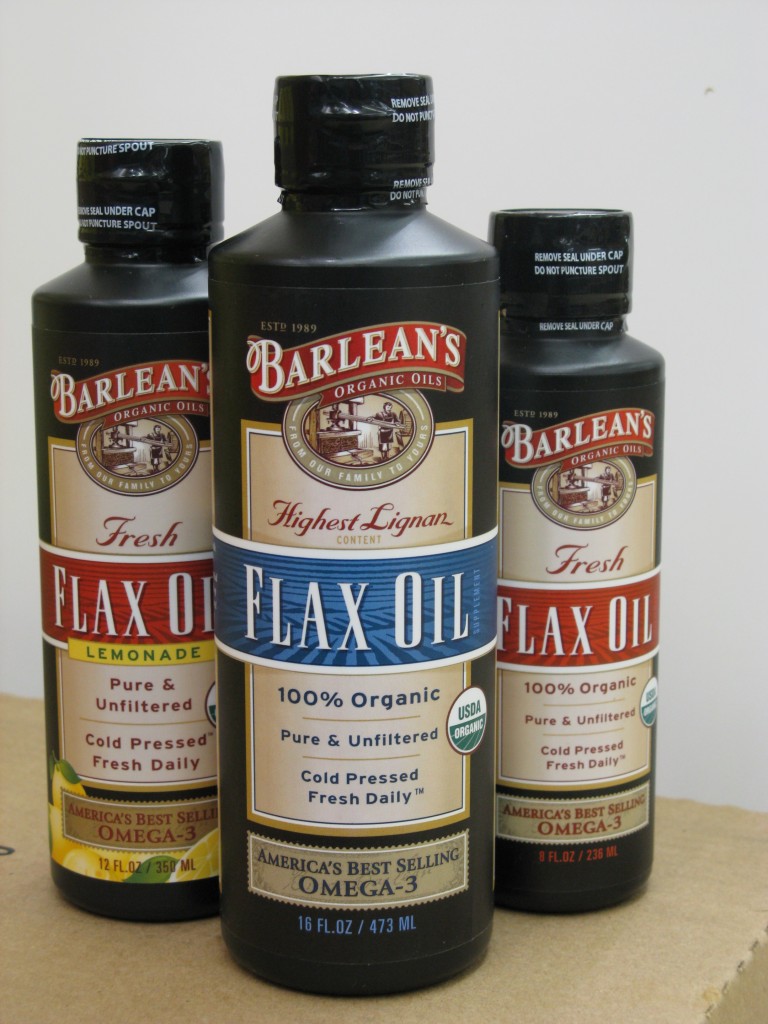 JF: Aside from cutting all carbs what are the two or three other most common dietary mistakes you see people making?
JF: Aside from cutting all carbs what are the two or three other most common dietary mistakes you see people making?
NM:
(1) People getting swindled and fooled by marketing executives, and basing their diets on refined “health” foods instead of nature’s “real” foods. They think they are doing something good for themselves by eating their 100-calorie bars, gluten free muffins, high fiber cereals, pro-biotic yogurts, and organic pizza.
If you take only one thing away from my incoherent ramblings, I hope that it is this: organic crap is still crap, regardless of the marketing taglines. If you refuse to believe that, well, I eat pretty much all organic. I got a couple of brown logs I left in the bathroom this morning that I’d like to sell you.
Bottom line, unless you’re a Keebler Elf and are sponsored by Nabisco, if you want to get somewhere, base your diet mostly on real, natural animal and plant foods, not fake, refined “health” foods and snacks.
(2) In the Low-Carb Era, many people believe that as long as they banish carbs to the Underworld, they can eat unlimited amounts of dietary fat and still lose body fat. But calories still matter in this ballgame.
I don’t care if you haven’t touched a carb since Bridgette Nielson was hot, if you overshoot your calories with the other macros, your 12-pack Dreaming will never get off the Nightmare on Bitch Tit Street.
JF: I hate that street.
NM: Me too. This is what many “new-school” dieters don’t understand. Despite some of the metabolic and hormonal advantages of certain macronutrients and macronutrient ratios, total calories still count.
In low carb, unlimited fat and protein diets, you can still enter a state of caloric excess. And even though your body has shifted to burning a greater percentage of fatty acids as fuel, in caloric excess, it will simply obtain those fatty acids, and perhaps ketones, from the abundance of dietary fat you are taking in.
It will NOT be forced to tap into internal body fat stores as a reserve fuel. Quite the opposite is true. The excess calories will be stored as body fat.
Bottom line, whatever macronutrient gods you pray to (Crom, The 4 Winds, etc.), make sure you account for total calories.
Why Flax Seed Oil Sucks
 JF: You recommend that people eat their fats from animal sources and not drink them or overload on oils. Explain your reasoning for that and why flax seed oil actually isn’t the great source of healthy fat that most people think it is.
JF: You recommend that people eat their fats from animal sources and not drink them or overload on oils. Explain your reasoning for that and why flax seed oil actually isn’t the great source of healthy fat that most people think it is.
NM: I don’t want people confused into thinking I’m a “low-fat” guy. We know the many benefits of fat in the diet, including natural hormone production. No physique is worth a limp dick — or whatever would be the female equivalent for the Renegade babes — dusty beaver?
JF: Ah, yes, I believe that is the correct term.
NM: But as foreshadowed in my previous answer, I think this pouring oil on top of everything trend has got to go. It is holding many people back from achieving their physique goals.
Here’s the thing. Fat in nature comes along with protein and/or fiber. It is not meant to be eaten as a refined oil. What’s Jack LaLanne’s old line, “if man made it, don’t eat it”? This is usually applied to carbs, but I believe it is equally relevant to one’s dietary fat sources.
To me, a diet with the majority of fat coming as a by-product of whole eggs, salmon, grass-fed beef, etc. is much different than a diet with the majority of fat coming from vegetable oil, salad dressings, cream sauces, and even “healthy” oils.
Maybe we should call this thing “In Defense of Animal Foods”. High quality, animal protein sources provide us with dietary fat in the right amounts and ratios that Mother Nature intended.
As soon as you start emphasizing refined oils, you end up with:
1. A disrupted essential fatty acid balance, as most refined oils are too high in polyunsaturated fats in general, and too high in omega-6 fatty acids specifically.
2. A low satiating food, which is very easy to overeat. This is how you end up with the salad that you think is a light lunch, but actually contains 1500 calories or more — the low-carb fallacy at its finest.
I’ve always believed people should get the majority of fat as a by-product of high quality protein sources. If for whatever reason you need to add fat, add WHOLE FOOD fats — nuts, avocado, coconut, etc. — not refined oils.
And flax seed oil? Biggest bullshit “health” food on the planet.
In response to the general public becoming more informed about the benefits of Omega-3 fats and improving the Omega-6: Omega-3 ratio, the health food industry has responded with a marketing push of flaxseed oil.
REFINED flaxseed oil is indeed high in Omega-3 fatty acids, but it is far inferior to the NATURAL Omega-3 fatty acids found in fish (salmon, mackerel, anchioves, sardines, tuna, etc.).
Here’s the truth. It’s the derivatives of alpha-linolenic acid (Omega 3’s) — EPA and DHA — that provide most of the health and fitness benefits, not alpha-linolenic acid itself. Flaxseed oil is high in Omega-3’s, but it has to go through several chemical conversion processes involving enzymes to convert to EPA/DHA. This process is highly inefficient in the human body, and yields very little of the actual beneficial derivatives.
It’s another one of those “lets get people to feel like they are doing something good for themselves when in reality it is pointless” kind of things.
You are better off with a direct source of EPA/DHA from fish. If you don’t like eating as much fish as your ol’ perverted pal Miyaki (say you prefer downing nuts and weiners instead, not that there is anything wrong with that), some fish oil supplementation may be warranted.
Me? I’ll stick to the fish, but high quality, wild salmon if you know what I mean, not gutter tilapia.
Can you smell what “Miyak” is cooking?
Pre-Workout Nutrition
JF: I definitely can and am with you, my brother. Now, what are your thoughts on pre-workout nutrition when training for fat loss? Carbs? No carbs? Solid food? Liquid? How long before? Hit me with the dopeness…
NM: Mila Kunis is the best pre-workout energy booster I know of. When she is shooting machine guns in Max Payne…
Sorry, my mind was still on the previous question.
From a solid food standpoint, in general, I believe the best approach for most is to train in a fasted or relatively fasted state. From a functional standpoint this minimizes any digestive stress and energy crashes from rebound hypoglycemia during training. From a build a bad-ass body standpoint, it optimizes GH production and fat burning during training, but even more importantly, sets the stage up for a huge anabolic/muscle building rebound in the post-workout recovery period.
Stress, from training, nutritional hardship, or a combination of the two, leads to adaptation.
If the fasted thing doesn’t work for you, I would go with a protein-only or protein + fat meal pre-workout, keeping the starchy carbs out of it and saving them for the post-workout period and night-time feast.
Whatever the case, the last solid food meal should be 3-5 hours before training to avoid digestive stress and rebound hypoglycemia as we’ve talked about.
From a practical standpoint, if you train in the morning up until early afternoon, you may want to experiment with the Lean Gains-style intermittent fasting set up — train fasted and then eat your meat. Props to Martin Berkhan for showing all of us how to make intermittent fasting applicable to the Iron Game.
If you train in the late afternoon or evening, you may go with a Paleo-style lunch and then train 3-5 hours later.
But don’t you need carbs pre-workout to fuel your training? Yes, but not necessarily immediately before, or even a few hours before.
Keep in mind once muscle glycogen is high it stays high until you perform high intensity activity. So adequate energy reserves are more about what you eat the day before training than the day of. Hence, another reason to eat the majority of your calories and carbs at night. It’s not only about their anabolic effects, and re-stocking energy reserves from the current day’s activity or training. It’s about preparing for the NEXT DAY’s activity and training.
I think the late, great Serge Nubret would agree with all of the above. And I have a simple survival philosophy — don’t f*ck with a Lion!
***
If you missed Part I click HERE to check it out.
Stay tuned for Part III.
Nate Miyaki is the author of Feast Your Fat Away. Click HERE to check it out.
NOTE: Jay is no longer accepting guest post. Please do not submit a request for one.


